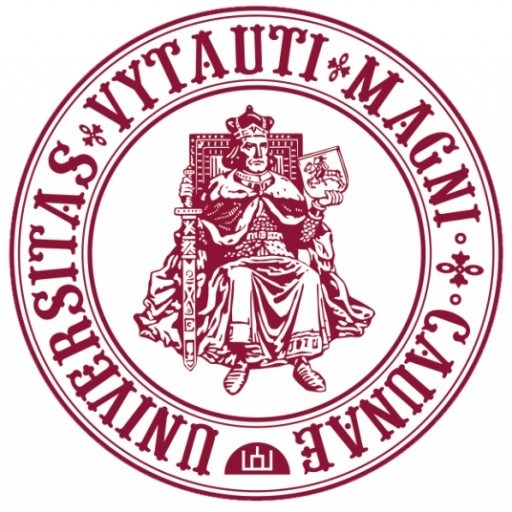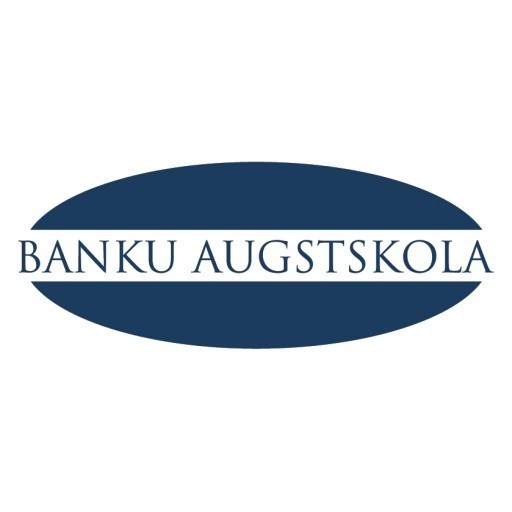Photos of university / #bournemouthuni
The MSc International Commercial Law at Bournemouth University offers an in-depth exploration of the legal principles and practices that underpin international trade and commerce. Designed for students aspiring to develop a comprehensive understanding of the legal frameworks governing global business transactions, this programme combines theoretical knowledge with practical skills essential for success in the international legal environment. Throughout the course, students examine key topics such as international sales law, dispute resolution, international trade regulations, shipping law, and the legal aspects of offshore finance and banking. The curriculum is structured to enhance analytical thinking, legal research capabilities, and practical application, preparing graduates for a wide range of careers in international legal practice, corporate legal departments, government agencies, and non-governmental organizations. Students benefit from a rich blend of lectures, seminars, case studies, and real-world scenarios facilitated by experienced academic staff and legal practitioners. The programme also emphasizes the development of critical thinking, negotiation skills, and ethical considerations related to international trade. Bournemouth University’s emphasis on employability and industry engagement ensures that students gain insights into the current challenges and trends in international commercial law, making them well-equipped for the dynamic global legal marketplace. Upon successful completion, graduates will possess a strong understanding of international commercial legal frameworks, the ability to analyze complex legal problems, and the skills necessary to advise clients or organizations engaged in international trade and commerce. The MSc International Commercial Law provides an excellent foundation for those seeking further academic research or professional advancement in the field of international legal practice.
The International Commercial Law program at Bournemouth University offers students a comprehensive understanding of the legal frameworks governing international trade and commercial transactions. This course is designed to equip students with essential knowledge of legal principles, regulatory environments, and practical skills required to navigate the complexities of cross-border commerce. The program covers a wide range of topics, including international sale of goods, maritime law, dispute resolution, and the regulation of international commercial agencies. Students will explore both common law and civil law traditions, gaining insights into comparative legal systems and their applications in international business contexts.
Throughout the course, emphasis is placed on developing critical thinking and analytical skills through case studies, legal research, and practical simulations. Students will learn about the legal aspects of international contracts, intellectual property rights, arbitration, and the role of international organizations such as the United Nations and the World Trade Organization in shaping commercial law. The program also explores contemporary issues such as e-commerce, digital trade, and the impact of globalisation on legal practices in international commerce.
Designed for individuals aiming to pursue careers in international law, commercial consultancy, or corporate legal departments, the program combines academic rigour with real-world relevance. Students will have opportunities for internships, live projects, and engagement with industry experts, enhancing their employability upon graduation. The program's interdisciplinary approach ensures that students not only understand legal theory but also develop practical skills necessary for effective legal practice in an international context.
Graduates of the International Commercial Law program will be prepared to work in a variety of sectors including legal consultancy, policy advisory roles, international trade organizations, and private multinational companies. With a strong foundation in legal principles and an understanding of the global commercial environment, alumni will be well-equipped to address legal challenges and facilitate international business operations effectively. The program's flexible learning options, including part-time and online study modes, allow students to tailor their education to their professional commitments, making it an ideal choice for aspiring legal professionals and international business specialists.
A Bachelor of Laws (LL.B.) in International Commercial Law at Bournemouth University requires applicants to hold a relevant secondary school qualification, with competitive UCAS points and proficiency in English. The program is designed to develop students' understanding of the legal frameworks governing international trade, commercial transactions, and dispute resolution. Students will engage with core subjects such as contract law, company law, and international trade law, alongside specialized modules like maritime law, arbitration, Intellectual Property Rights, and digital commerce. The curriculum emphasizes practical skills, including legal research, analysis, negotiation, and advocacy, preparing graduates for careers in legal practice, consultancy, or corporate sectors. Throughout the program, students benefit from interactive lectures, seminars, and case studies, fostering critical thinking and problem-solving abilities. The university integrates work placements, guest lectures by industry professionals, and opportunities for international exchange, enriching students' global perspective and practical experience. The program duration is typically three years for full-time study, with options for part-time or combined modes. To graduate, students must complete all coursework, participate in practical sessions, and pass assessments aligned with the university's academic standards. Upon graduation, students are equipped with a comprehensive understanding of international commercial legal principles, enabling them to operate effectively in multicultural business environments. The program also prepares students for advanced legal qualifications or postgraduate study, including an LLM in International Commercial Law, should they choose to pursue further specialization.
The financing options for the International Commercial Law program at Bournemouth University are designed to support both domestic and international students in funding their studies. prospective students are encouraged to explore a variety of funding sources, including government grants, scholarships, student loans, and external sponsorship opportunities. The university offers a range of scholarships specifically for law students, which can significantly reduce the financial burden of tuition fees. Additionally, international students may be eligible for scholarships based on academic performance or specific criteria set by the university or external organizations. The tuition fees for the program are published annually and vary depending on the student's residence status. Bournemouth University also provides guidance and advice on student funding and financial planning, helping students to access relevant financial aid options and understand their repayment obligations. For students from the UK, there are government-backed student loans available that can cover tuition fees and living costs, with repayment options contingent on income levels after graduation. International students often secure funding through sponsor agencies, family support, or their own resources, as they may not be eligible for UK government loans. The university also encourages students to seek part-time work opportunities on or near campus to supplement their income during their studies. Furthermore, students are advised to budget carefully for their living expenses, including accommodation, transportation, and study materials. Bournemouth University provides comprehensive financial advice via its Student Services team, ensuring students are aware of all possible financial support mechanisms. External funding bodies, including charitable foundations and professional bodies related to law and international business, may also offer grants or scholarships. It is essential for students to apply early for any financial aid and to meet all application deadlines. Overall, financing the International Commercial Law program requires careful planning and exploration of multiple funding avenues, but the university’s resources and support make it feasible for many students to pursue their academic goals without excessive financial hardship.
International Commercial Law at Bournemouth University offers a comprehensive undergraduate program designed to equip students with a deep understanding of the legal frameworks that underpin international trade and commerce. This course covers key areas such as international trade law, contract law, dispute resolution, and the legal aspects of international business operations. Students will explore the principles of legal regulation across different jurisdictions, gaining insight into the complexities of cross-border transactions and the legal mechanisms that facilitate international commerce. The program emphasizes practical skills by incorporating case studies, mock negotiations, and opportunities for real-world engagement through internships and collaborations with industry partners. Bournemouth University's approach combines academic rigor with practical application, preparing graduates for careers in legal consultancy, international business, trade organizations, and multinational corporations. The curriculum is regularly updated to reflect current legal developments and global trade trends, ensuring students are well-prepared for the dynamic international legal environment. Teaching is delivered through a mix of lectures, seminars, and workshops led by experienced academics and industry practitioners. Students benefit from access to cutting-edge resources, including libraries, online legal databases, and research centers dedicated to international law. Bournemouth University also places a strong emphasis on developing critical thinking, research, and communication skills, essential for success in legal professions. The program provides opportunities for networking and professional development through guest lectures, conferences, and legal clinics. Upon graduation, students will have a strong foundation to pursue further legal studies or enter the workforce in roles that require specialized knowledge of international commercial law. Overall, the course aims to produce adaptable, knowledgeable, and ethically responsible legal professionals capable of navigating the complexities of the global legal landscape.







